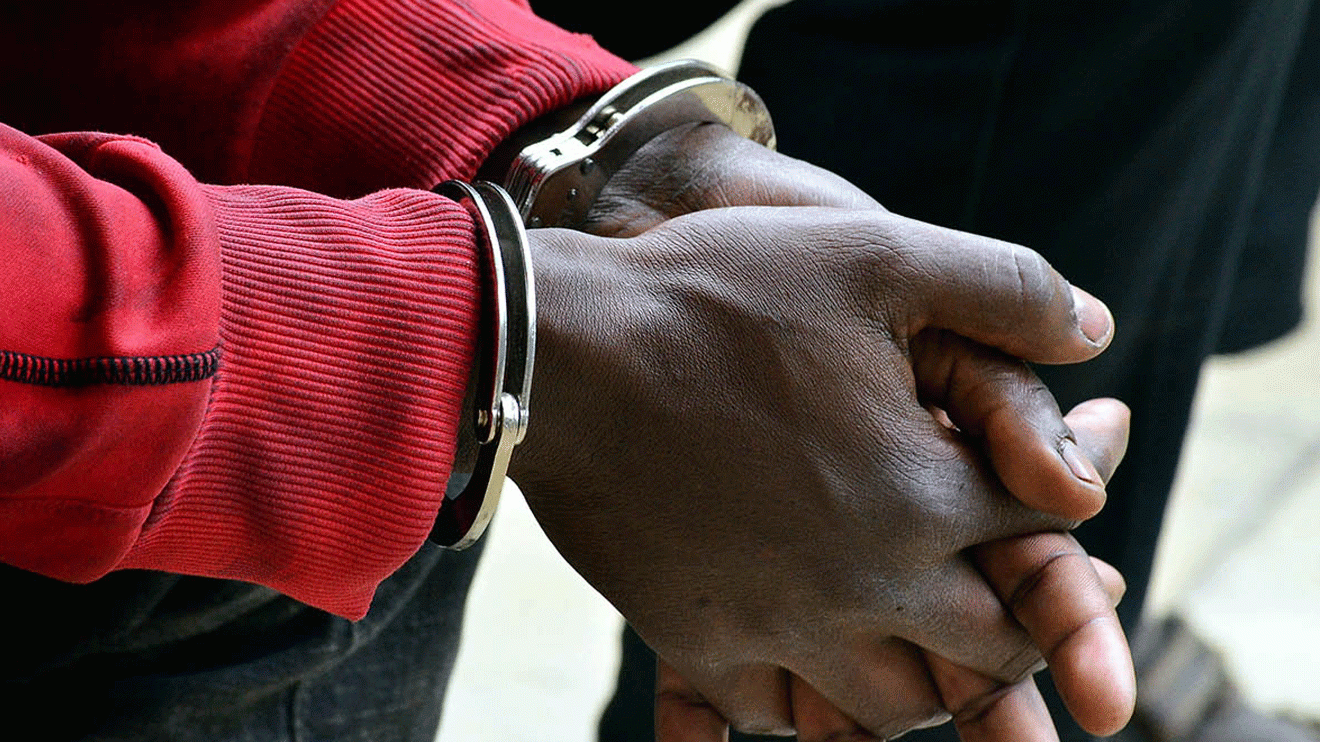By Naveed Aman Khan
Copyright pakobserver

THE Gaza war, which erupted nearly two years ago, is no longer a distant conflict for Gulf Arab States.
Their long-held sense of safety was shattered this year when, for the first time, two regional powers launched direct strikes on a Gulf country. For decades, these wealthy states projected themselves as islands of stability in a turbulent region, building modern capitals and thriving economies powered by millions of foreign workers. But the recent escalation has exposed the fragility of their security, long predicated on defence partnerships with the United States, whose policy explicitly ensures Israel’s qualitative military edge.
Iran first targeted an American airbase in Qatar in June 2025 after the US struck Iran’s nuclear facilities. Then came Israel’s attack this September (2025), targeting political leadership of Hamas present in Doha for peace talks. With a few viable military options to retaliate, Qatar has vowed a collective regional response to Israel’s strikes. That response is currently under consultation and discussion with other partners. A decision was expected at an Arab and Islamic summit in Doha. Perhaps the most visible and immediate reaction came from the Gulf state that has the closest ties to Israel: the United Arab Emirates. UAE President Mohammed bin Zayed Al Nahyan arrived in Doha with a large delegation less than 24 hours after the attack. Qatar was his first stop on a Gulf tour to coordinate a response to the attack that also took him to Bahrain and Oman.
Gulf Arab states would likely be weighing options that demonstrate regional unity and deter further Israeli strikes, but could be constrained by limited viable options. UAE summoned an Israeli diplomat to denounce Israel’s attack. One of the options could involve the UAE downgrading diplomatic relations with Israel or decreasing its involvement in the Abraham Accords, a normalization agreement between Israel and three Arab states that became Trump’s biggest foreign policy achievement during his first term. Arabs need to take a stand now because if they do not, it will be other Gulf capitals next. UAE had been signaling discontent with Israel even before the strike on Doha. Qatar successfully lobbied for a unanimous statement at the UNSC condemning the unjustified Israeli attack.
Gulf States have had significant internal tensions over the years but remain bound by mutual defense treaties signed decades ago. Israeli plans to annex parts of the occupied West Bank should be a red line that would betray the very spirit of Abraham Accords. Another option is for Qatar to withdraw from its role as the go-to mediator between the USA and some of its adversaries. Gulf states so far have not played key role in supporting these efforts, politically or financially. Arab states haven’t previously significantly participated in proceedings against Israel at international courts. The situation will change now. Arab countries could resort to activating and expanding the Peninsula Shield Force – a 1980s-era military pact intended to deter attacks on their nations.
The Israeli attack could push the Gulf region to enter into a serious and structured dialogue with Trump on the terms of their security partnership, and to move beyond just buying arms from US and toward clearer defense guarantees. These could include accountability when US commitments appear absent or ambiguous. These clauses have so far been theoretical but now they could activate them, by creating a unified Gulf command, integrating air and missile defense system, building a more independent ingenious capability. Most of the seven Gulf states depend upon US military hardware and host American bases, but recent perceived American failures to defend their territories could prompt Arab nations to diversify their defense capabilities or demand stronger US security guarantees.
Arabs shall have to boycott companies with significant stakes in the Israeli economy. KSA, UAE and Qatar collectively pledged around three trillion dollars in the US economy when Trump visited the region on his first foreign trip during his second term. These massive investments are premised on a secure and stable Gulf, where prosperity can flow from safety. After Israel’s attack on Qatar, other Arabs rightly feel deeply insecure. Thanks to an American ally, Israel, Gulf wealth in the future may shift elsewhere, directed toward ensuring better security and returns on investment.
In this context, Saudi–Pakistan Strategic Defence cooperation emerges as a befitting reply to the recent US betrayal of Qatar. Middle Eastern countries must build strong, well-trained forces capable of defending their territories. For a reliable, safer and more confident future, wealthy Arab states can acquire advanced military hardware and professional training from Turkey, Russia, China and, most importantly, Pakistan. Pakistan already maintains deep strategic defence cooperation with China and now with KSA. The Saudi–Pakistan partnership will ensure foolproof defence for both nations, with Pakistan facing threats from India and Saudi Arabia from Israel. Ultimately, this cooperation could culminate in an “Islamic NATO” as Gulf countries strengthen their collective defence pact.
—The writer is editor, political analyst and author of several books based in Islamabad.
(naveedamankhan@hotmail.com)



